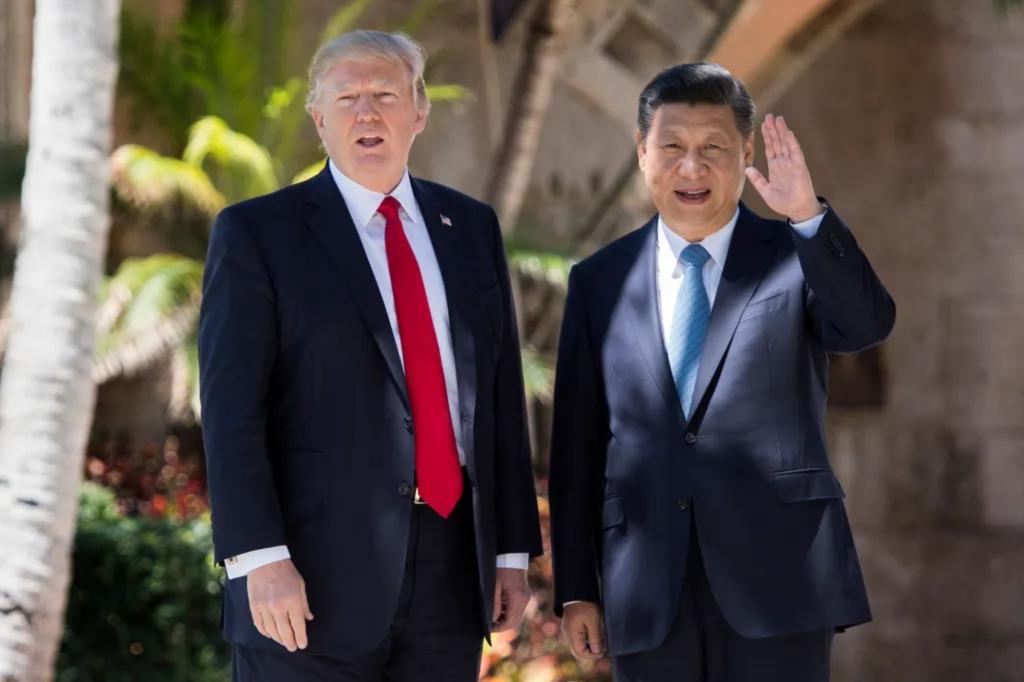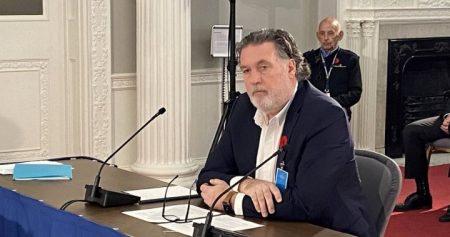Paragraph 1: The Unlikely Guest
The prospect of Chinese President Xi Jinping attending Donald Trump’s presidential inauguration appears highly improbable. Despite an invitation extended by Trump, experts believe Xi is unlikely to accept, citing a multitude of reasons stemming from protocol, political optics, and the unpredictable nature of US-China relations under a Trump administration. The symbolism of Xi, a powerful global leader, attending the inauguration of a US president, especially one with a history of contentious interactions with China, presents a potential image problem for Beijing.
Paragraph 2: Protocol and Precedent
The absence of any historical precedent for a Chinese leader attending a US presidential inauguration further complicates matters. This lack of established protocol creates uncertainty and potential risks for Beijing. The Chinese government, known for its meticulous planning and emphasis on maintaining its leader’s dignity and security, is unlikely to venture into uncharted diplomatic territory, particularly when the potential for unforeseen complications exists. The presence of Taiwan’s top diplomat at Biden’s inauguration, a move seen as provocative by Beijing, highlights the sensitivity surrounding such events and underscores the potential for unintended diplomatic incidents.
Paragraph 3: The Tariff Threat Looms
Beyond protocol, the looming threat of renewed trade tensions between the US and China presents a significant deterrent for Xi. Trump’s previous imposition of tariffs on Chinese goods, and his threats to reinstate even harsher measures, create a precarious backdrop for any potential diplomatic engagement. Xi’s attendance at the inauguration, followed by a potential escalation of trade hostilities, would be perceived as a significant political miscalculation by Beijing, undermining Xi’s image and credibility on the world stage.
Paragraph 4: The Importance of "Face"
The concept of "face," deeply ingrained in Chinese culture and diplomacy, is another crucial factor influencing Xi’s decision. Attending the inauguration could be interpreted as a symbolic concession to the US, potentially diminishing China’s standing in the global arena. The Chinese government is keenly aware of the optics of such a visit and is unlikely to place its leader in a situation that could be perceived as subservient or compromising. The insistence on a full state visit with all the accompanying ceremonies and protocols reflects this emphasis on maintaining "face" and projecting an image of strength and equality.
Paragraph 5: Anticipating a Future Meeting
Despite the unlikelihood of Xi attending the inauguration, experts anticipate a future meeting between Trump and Xi. Trump’s preference for face-to-face interactions with world leaders, particularly those he considers key adversaries, coupled with Beijing’s belief that direct engagement with Trump might yield more favorable outcomes, suggests a meeting is likely on the horizon. However, the timing and context of such a meeting will be carefully considered by both sides, taking into account the evolving dynamics of the US-China relationship.
Paragraph 6: Navigating a Complex Relationship
The future of US-China relations under a Trump presidency remains uncertain, fraught with potential for both cooperation and conflict. Trump’s appointment of China hawks to key cabinet positions signals a potentially more confrontational approach towards Beijing. China’s "wait-and-see" approach reflects a cautious optimism tempered by a willingness to retaliate against perceived hostile actions. The interplay of symbolic gestures, like the inauguration invitation, with concrete policy decisions, such as tariffs, will shape the trajectory of this complex and vital relationship. China’s experience with Trump’s unpredictable blend of "carrot and stick" diplomacy reinforces its cautious approach, prioritizing a strategy that avoids being manipulated or caught off guard by Trump’s tactics.










